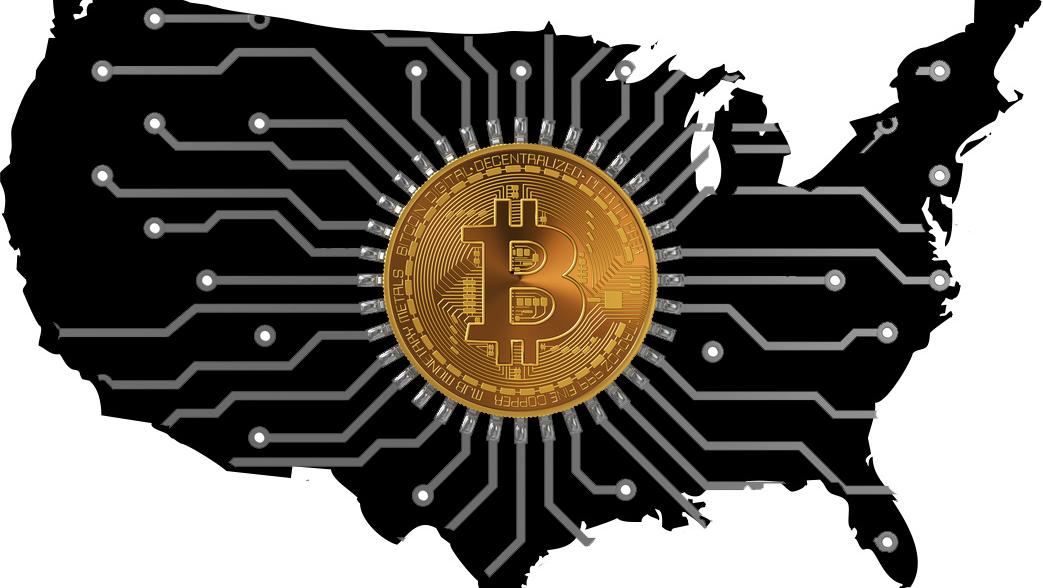PALO ALTO, Calif. (Reuters) - The Federal Reserve is taking a look at a broad series of concerns around digital payments and currencies, including policy, design and legal considerations around possibly issuing its own digital currency, Guv Lael Brainard said on Wednesday. Brainard's remarks suggest more openness to the possibility of a Fed-issued digital coin Check out this site than in the past." By changing payments, digitalization has the possible to deliver higher worth and convenience at lower expense," Brainard stated at a conference on payments at the Stanford Graduate School of Service.
Reserve banks worldwide are debating how to handle digital financing innovation and the dispersed journal systems used by bitcoin, which guarantees near-instantaneous payment at potentially low cost. The Fed is developing its own day-and-night real-time payments and settlement service and is presently reviewing 200 comment letters submitted late in 2015 about the proposed service's design and scope, Brainard said.
Less than 2 years ago Brainard informed a conference in San Francisco that there is "no engaging demonstrated requirement" for such a coin. However that was prior to the scope of Facebook's digital currency aspirations were commonly known. Fed officials, consisting of Brainard, have actually raised concerns about customer defenses and information and privacy dangers that might be presented by a currency that might enter into use by the 3rd of the world's population that have Facebook accounts.
" We are teaming up with other main banks as we advance our understanding of main bank digital currencies," she said. With more countries looking into providing their own digital currencies, Brainard stated, that contributes to "a set of reasons to likewise be ensuring that we are that frontier of both research study and policy development." In the United States, Brainard stated, concerns that require study include whether a digital currency would make the payments system more secure or easier, and whether it might present financial stability threats, consisting of the possibility of bank runs if cash can be turned "with a single swipe" into the main bank's digital currency.
To counter the monetary damage from America's extraordinary national lockdown, the Federal Reserve has actually taken extraordinary steps, including flooding the economy with dollars and investing directly in the economy. Many of these relocations received grudging acceptance even from many Fed skeptics, as they saw this stimulus as required and something only the Fed might do.
My brand-new CEI report, "Government-Run Payment Systems Are Risky at Any Speed: The Case Versus Fedcoin and FedNow," details the dangers of the Fed's present prepare for its FedNow real-time payment system, and proposals for main bank-issued cryptocurrency that have actually been dubbed Fedcoin or the "digital dollar." In my report, I talk about issues about privacy, data security, currency adjustment, and crowding out private-sector competition and innovation.

Supporters of FedNow and Fedcoin say the government should develop a system for payments to deposit quickly, rather than encourage such systems in the personal sector by raising regulatory barriers. However as kept in mind in the paper, the private sector is supplying a relatively endless supply of payment innovations and digital currencies to resolve the problemto the level it is a problemof the time gap in between when a payment is sent and when it is received in a checking account.
And the examples of private-sector development in this area are many. The Clearing House, a bank-held cooperative that has actually been routing interbank payments in various types for more than 150 years, has been clearing real-time payments considering that 2017. By the end of 2018 it was covering 50 percent of the deposit base in the U.S.